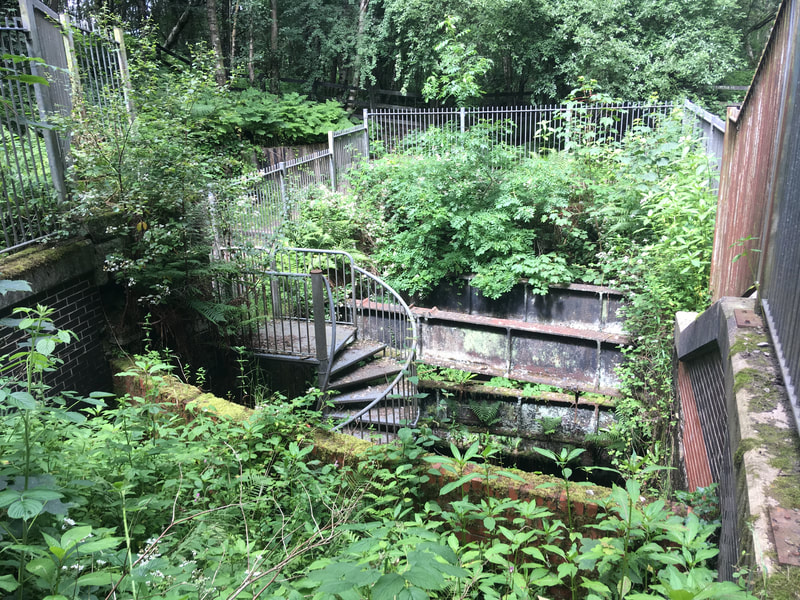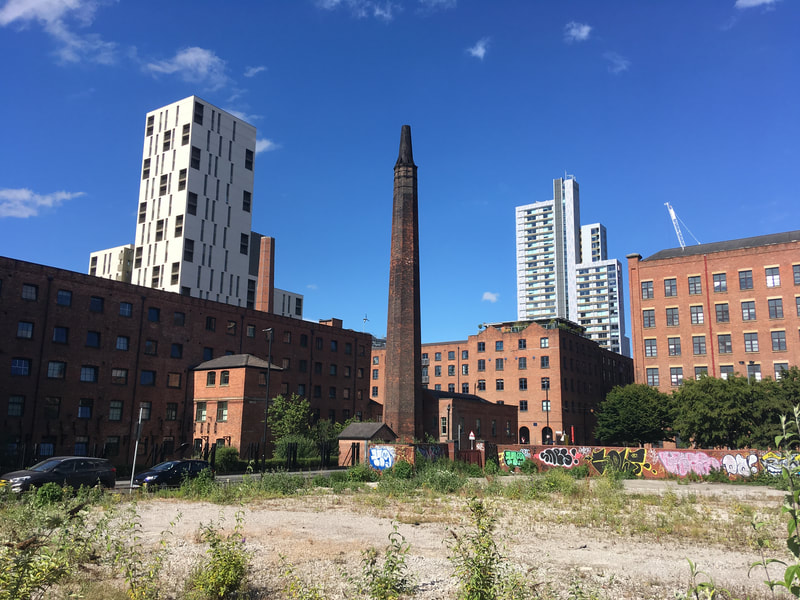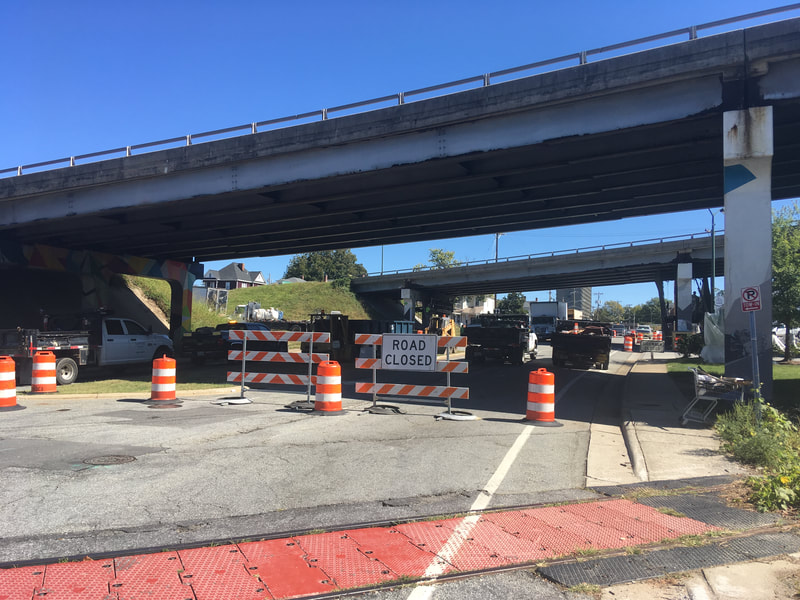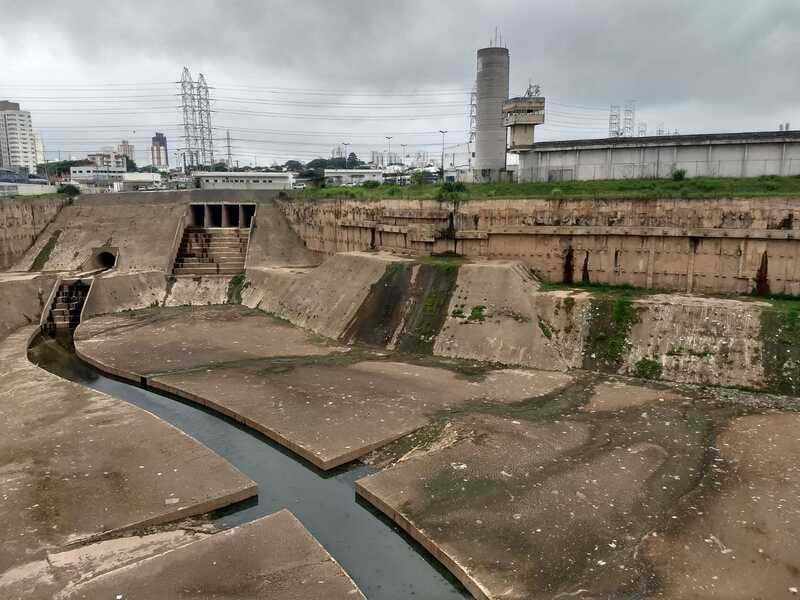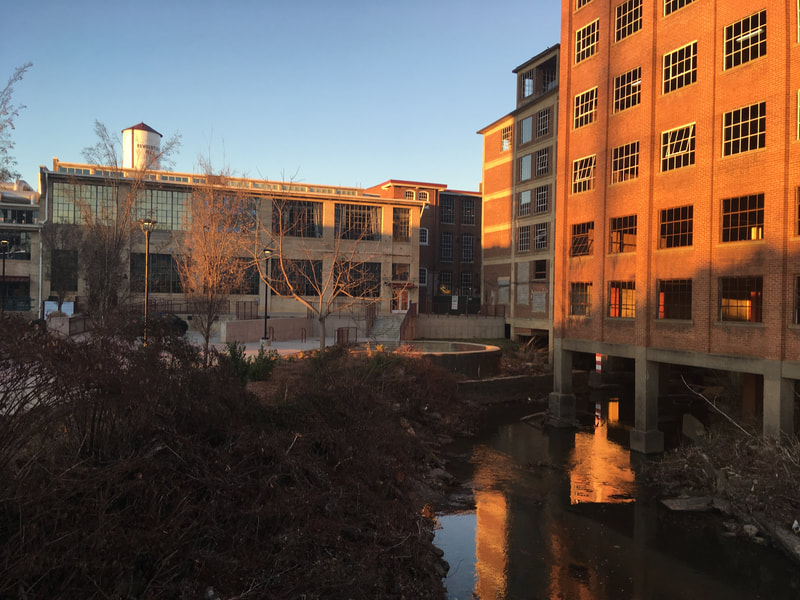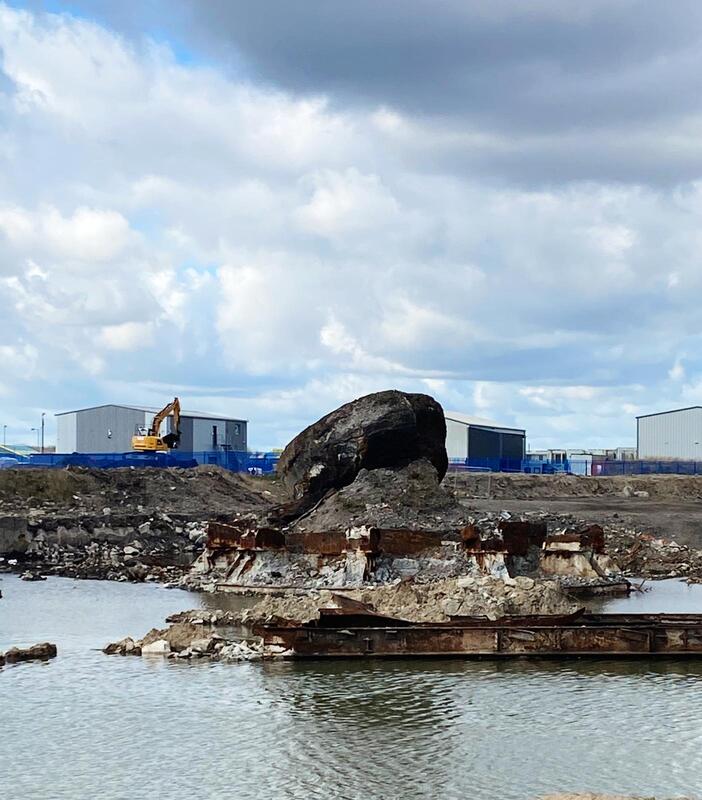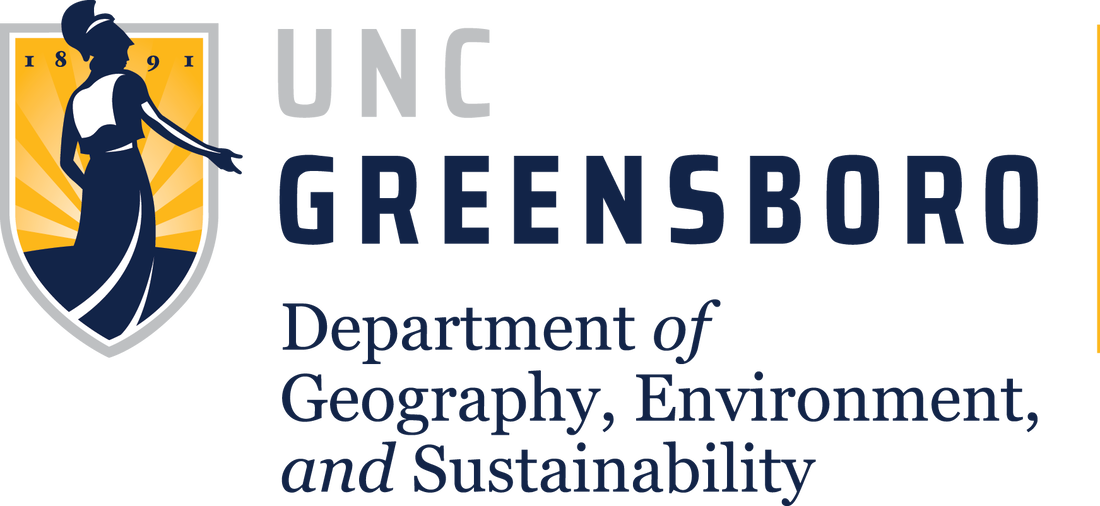Repairing, Repurposing, Retreating:
The Materialities of Climate Response
A workshop sponsored by the Urban Infrastructures Research Group at the Manchester Urban Institute and the Economy & Culture and Urban Worlds research clusters at Durham University.
1:30-4:45 PM (BST), 22 June, 2021
1:30-4:45 PM (BST), 22 June, 2021
